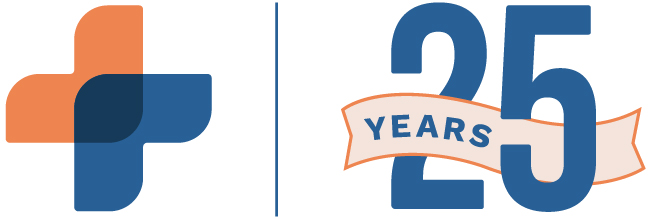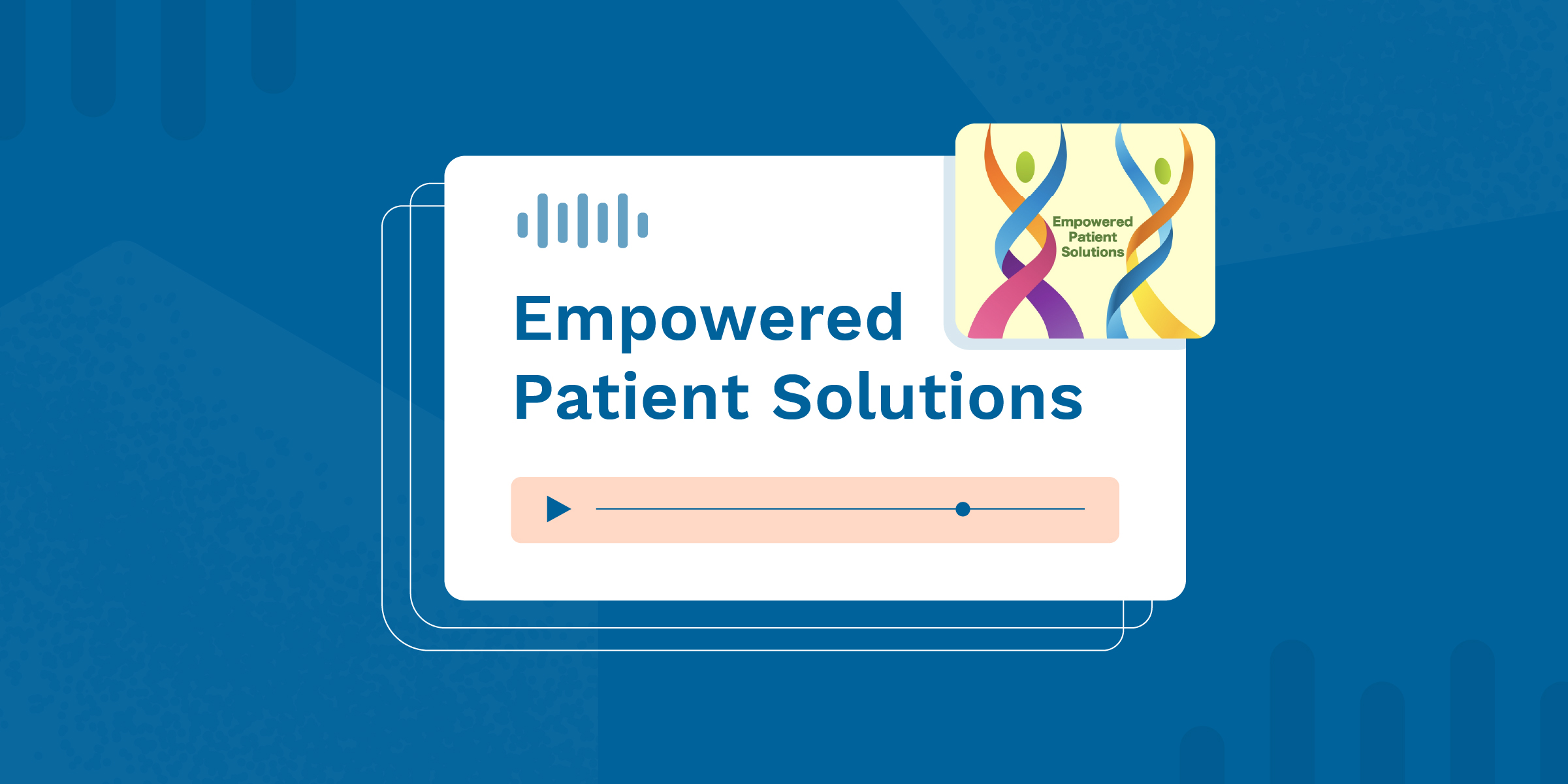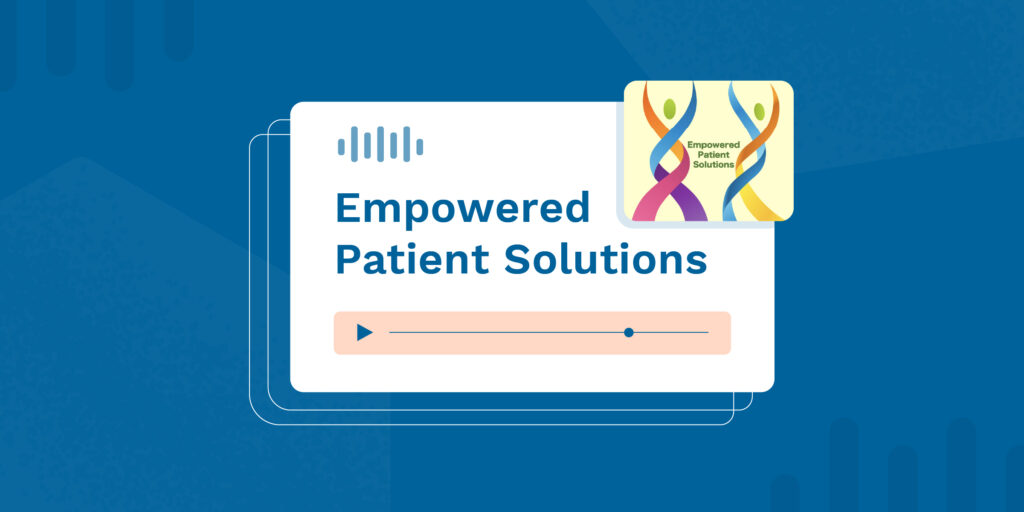RXNT’s CEO and Founder, Randy Boldyga, sat down with Karen Jagoda from the Empowered Patient Podcast to discuss how AI is changing healthcare, the challenges and benefits of new technology, and what patients and providers can expect next.
Please note: The following interview has been lightly edited for clarity and brevity.
Earlier this year, RXNT surveyed over 1,000 patients and providers to uncover their thoughts on the present and future of healthcare technology. We found that 57% of healthcare professionals plan on integrating AI into their daily workflows, whereas only 37% of US consumers would be comfortable with healthcare professionals using AI.
Many are divided on what AI means for the future of healthcare. RXNT’s CEO and Founder, Randy Boldyga, sat down with Karen Jagoda from the Empowered Patient Podcast to discuss how AI is changing the healthcare industry, the challenges and benefits of new technology, and what patients and providers can expect next.
Tune in to the full episode here, or continue reading for a recap of the Q&A segment of the podcast.
Jagoda: What services does RXNT provide?
Boldyga: We provide Electronic Health Records, better known as an EHR or EMR. We also provide Electronic Prescribing and Practice Management products, including Scheduling and Medical Billing, along with mobile applications and telehealth features.
Jagoda: How has AI changed the way providers think about patient care?
Boldyga: Traditionally, providers using electronic medical records have been challenged by the effort required to run their day-to-day operations successfully. I think they’re starting to see some benefit from what AI can bring to the table [in that regard].
Jagoda: How does AI enhance patient outcomes?
Boldyga: There are a number of ways AI can enhance patient outcomes. There are things like enhanced diagnostics, in which AI can analyze medical images such as X-rays and MRIs with high accuracy. There’s also personalized medicine, where AI can process and interpret genetic information, helping to tailor treatments to individual patients.
There’s virtual health assistance where AI-powered chatbots and individual assistants can help with appointment scheduling and offer medication reminders. There’s robotic surgery, drug discovery and development, remote monitoring, enhanced patient records, encounter summarization, and training or education.
Those are all areas where AI has the potential to make healthcare more personalized, efficient, and proactive, leading to better patient outcomes in a more streamlined system.
Jagoda: What are the biggest challenges to integrating AI into the different workflows and operational activities?
Boldyga: Speaking for my own company, we’re trying to stay on the side of caution and be very careful and very thoughtful about what we’re using AI for. It’s a very powerful tool, but it’s like wielding a hot knife. You have to be very careful about what you’re doing, or you could run into a lot of challenges. We intend to strike that balance between making the world a better place for patients and their doctors, and making sure we’re doing it in a thoughtful, safe manner.
Jagoda: What are the easiest challenges to address right now?
Boldyga: We’re starting by providing a better patient chart for the provider. We’ve been thinking through where we want to introduce this functionality within our product. As you can imagine, if you are walking in to see a patient that you’ve already seen ten times this year—as a provider, it’s very hard to grasp and remember everything about that patient. I think that AI is going to be able to provide a very robust and useful summary of the patient’s chart to date. There are a lot of other things that we’re working on as a company, but that’s where we’re going to start.
Jagoda: How do you think this kind of technology will change the patient/doctor relationship?
Boldyga: I think it’s going to help both parties. The patient has been craving higher value from their provider, while I think the provider has been struggling with trying to meet that expectation, and I think AI is going to help bridge that gap.
Jagoda: Is one of the main benefits that it saves everyone time?
Boldyga: Absolutely. It’s going to make the patient feel a lot better about their provider, and the provider will have a better understanding of the patient’s needs for that particular visit. It is going to create all kinds of efficiencies in the provider’s office that I think they have been craving for at least ten years. You’ve been hearing a lot about physician burnout, and this is one answer to that.
Jagoda: What kinds of opportunities do you see for mental and behavioral health?
Boldyga: Again, it goes right down the path of a provider having a better understanding of the patient chart, which [in turn] leads to better outcomes. I think providers could also use advanced data analytics and reporting, which will help identify mental health issues sooner.
I think it’s also going to give providers a lot more time to deal with acute patients who need more of their time and energy. Having the ability to give personalized medicine could be a huge game-changer. Today, as [an example], when you go to a provider and they prescribe 10 milligrams of something, that 10 milligrams might be spot on [for you as an individual]. But 10 milligrams for me might be too much or too little—our bodies are all different, so personalized medicine is going to help make it so that the provider knows exactly how many milligrams of a medication they need to prescribe.
Jagoda: Can you share anything about the market trends in terms of whether companies are developing this technology in-house or if they’re coming to a company like RXNT to get the solution they need?
Boldyga: Yes, I can tell you that third parties are building this sort of technology. There are also vendors in our industry that are building their technology in-house. It’s too early to know which method or which approach will ultimately become the go-to in the marketplace. We’re in the early stages of this stuff, and I sense that some options will become the obvious choice a few years from now.
Jagoda: What does your background look like?
Boldyga: I’m the founder of RXNT, which was the first vendor in the United States to create prescriptions that were transmitted electronically through the prescription clearinghouse, Surescripts. I started the company over 25 years ago, and we’ve since expanded into a full suite of software for providers and medical professionals.
Jagoda: Was what you were replacing in the electronic prescribing space fax machines?
Boldyga: Believe it or not, most doctors were writing prescriptions on paper [at the time], tearing them off of a prescription pad, handing them to the patient, and the patient was taking them to their pharmacy. The very first version of our software allowed the doctor to generate a prescription, and it was faxed to the pharmacy because the electronic transmissions were not set up on a national scale yet. That was our way of getting those prescriptions to the pharmacy.
Jagoda: What other technology are you seeing that are currently outliers but will soon be seen as mainstream?
Boldyga: I think you’re going to continue to see advances in some of the areas that I mentioned earlier. It’ll be interesting to see where we go with robotic surgery, for example. We are still in the early stages of drug discovery and development, and I think that will be a huge winner in the next five to ten years.
We’d like to extend a big “thank you” to Karen Jagoda and the Empowered Patient Podcast for hosting us on their podcast. You can listen to the full episode here.





